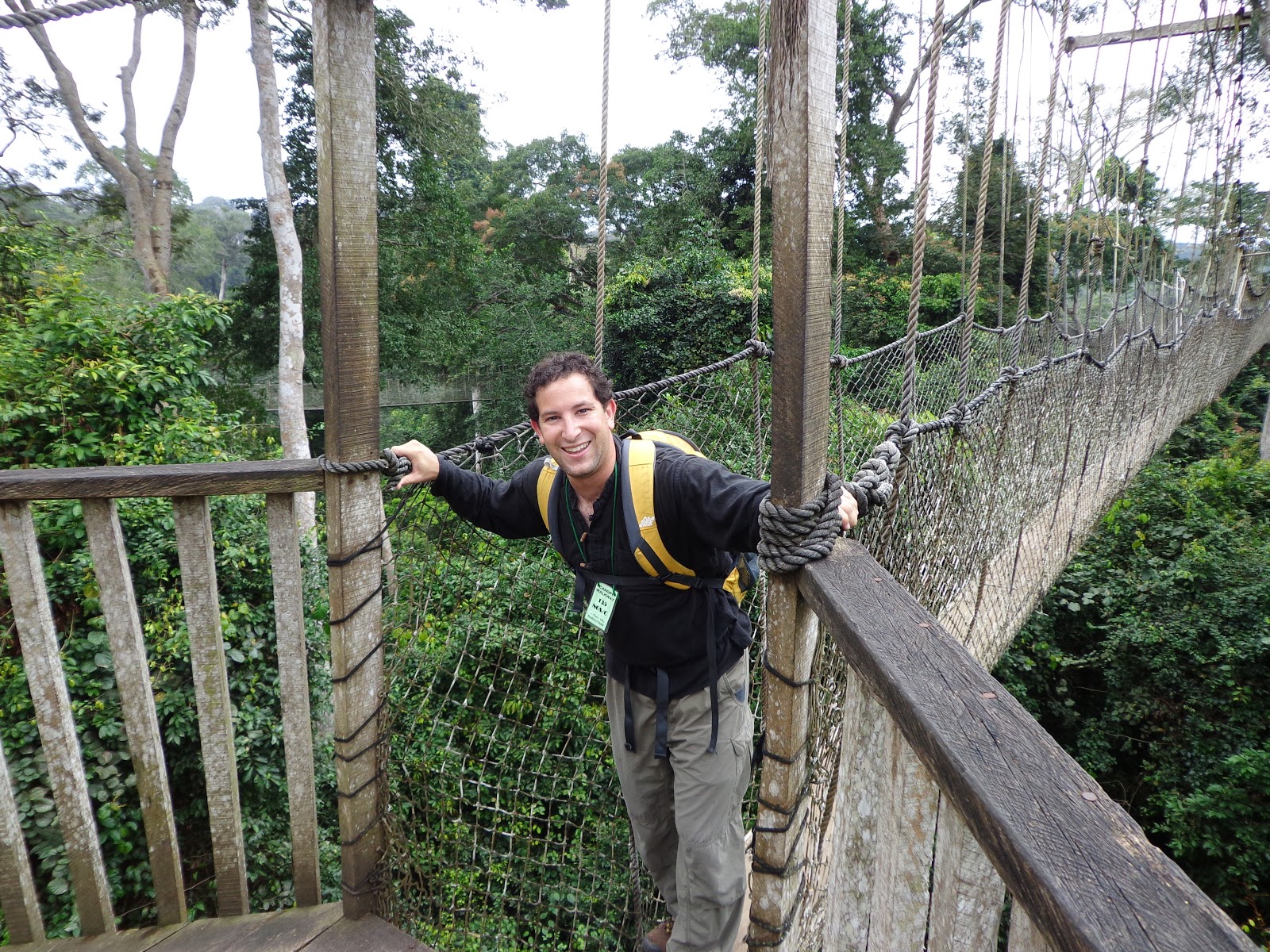For sailors across the world, Neptune Day has significant meaning. It is the day when one crosses the equator. The first time one passes from North to South or South to North is typically celebrated through various hazing rituals including fish guts, shaving of the head, etc. Although the Semester at Sea experience was much lighter in intensity (and was, of course, all challenge-by-choice), the experience was quite a special occasion. By crossing the equator, one transitions from pollywog to shellback. We are blessed to cross at both the equator and the prime meridian – making us emerald shellbacks. We were essentially at 0 degrees, 0 degrees – neither North, nor South, nor East, nor West!
The day began with a parade of drums, pots, pans, and shouting, to wake up the shipboard community. Once everyone was awake and well, we proceeded to the pool deck where a royal procession began to introduce Neptune. From there, the festivities really began. We were to line up and prepare to have our version of fish guts poured on our head before kissing a fish. We then processed pass the royalty before getting our heads shaved. As the pictures show, I fully immersed my experience.













